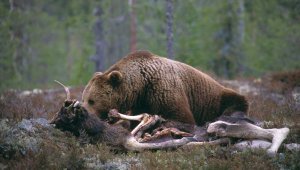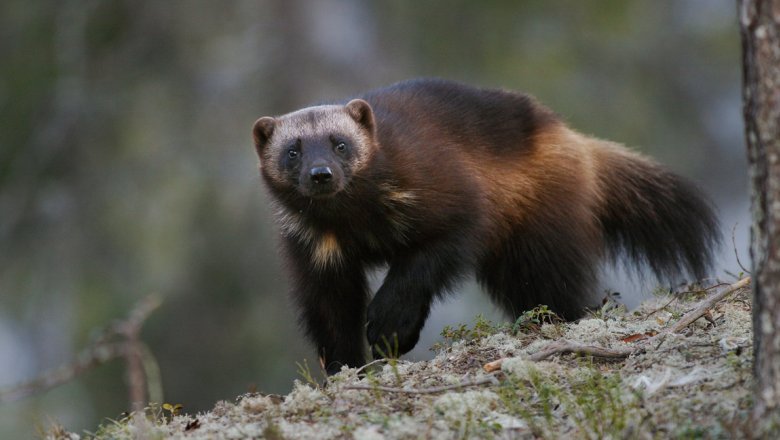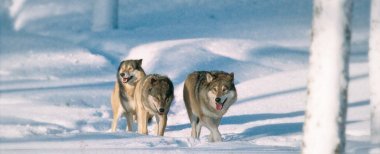The social status of large carnivores and the meanings connected to these animals are in the process of being redefined. At the same time, damages caused by large carnivores are also becoming more frequent as their populations grow in western Finland and they spread to populous rural areas. Traditional dichotomies – human-animal, rural-urban and reason-emotion – create tensions in the discourse. The social questions concerning large carnivores are not just about the numbers of the animals, their behaviour, location or ecology, but they also involve a multitude of social, socio-political, cultural and ethical aspects. Sociological research is one of the tools that help us unravel these social and cultural tensions.
Indeed, sociological research relating to large carnivores has been on the rise in Finland for the last decade. Universities and research centres, such as the National Resources Institute Finland, conduct a wide variety of carnivore-related research projects and theses from the perspectives of different scientific disciplines and using different research approaches and methodologies. This research helps to answer such questions as how the perceptions of large carnivores change in cultural and societal contexts, how can the related conflicts be managed and how the authorities and the research community should react to these challenges.


